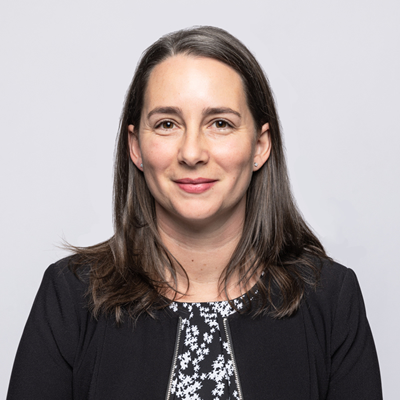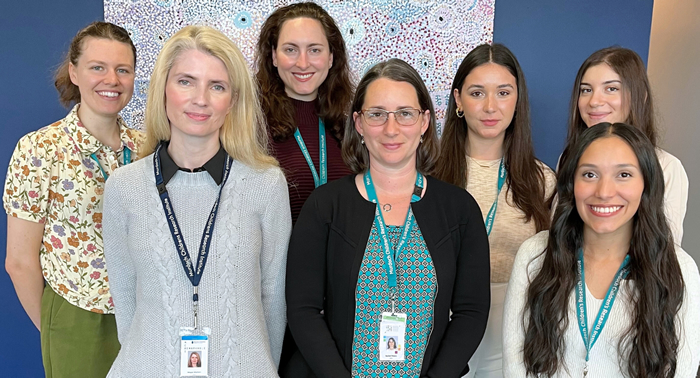Preventing childhood food allergy: wave 2 of the EarlyNuts study
AIFA Professor Ann Kupa Food Allergy Research Grant 2023
Chief Investigator: A/Prof Rachel Peters, Murdoch Children's Research Institute (MCRI), Melbourne
Research Team: A/Prof Jennifer Koplin (University of Queensland), Dr Vicki McWilliam (MCRI, Royal Children's Hospital), Dr Victoria Soriano, Prof Mimi Tang and Ms Megan Mathers (MCRI)
 Melbourne has the highest prevalence of food allergy internationally, affecting 10% of 1-year-old infants and 4.5% of adolescents. Since there is no cure for food allergies in Australia, effective prevention strategies are important in reducing the impact of this common condition. Currently, the recommended prevention strategy at the population level is the early introduction of allergenic foods (such as peanut butter), based on positive results from clinical trials for peanut allergy.
Melbourne has the highest prevalence of food allergy internationally, affecting 10% of 1-year-old infants and 4.5% of adolescents. Since there is no cure for food allergies in Australia, effective prevention strategies are important in reducing the impact of this common condition. Currently, the recommended prevention strategy at the population level is the early introduction of allergenic foods (such as peanut butter), based on positive results from clinical trials for peanut allergy.
In school-age children, cashew allergy is just as prevalent and severe as peanut allergy but is less likely to be outgrown. Research into effective prevention strategies for cashew allergy is severely lacking and much less is known about the natural history of cashew allergy compared to peanut allergy. Our EarlyNuts study revealed that while 87% of infants were consuming peanuts by the age of 1, only 25% were eating cashews. This highlights the need for public health messages that encourage the early introduction of cashews alongside peanuts.
Our study, EarlyNuts, has shown a significant shift in infant feeding practices over the past decade, with infants being introduced to solid foods earlier and consuming high-calorie foods like eggs and nuts at a younger age and in larger quantities. It is important that we assess whether changing infant feeding practices for food allergy prevention has not had unintended consequences health outcomes, such as growth and obesity.
To do this, the study is conducting a longitudinal follow-up of 1933 infants who were initially recruited at 12 months of age. When these children reach the age of 6, they will undergo assessments to test for food allergy and measure their growth. This project will describe the prevalence and natural history of cashew allergy to age 6 years, assess whether changing infant feeding practices was effective at preventing cashew allergy and assess any potential impact on other health outcomes.

MCRI Team: from left to right are Grace Darling, Megan Mathers, Victoria Soriano, Rachel Peters, Claire Hogan, Koulla Dionisiou and Isobel Hincapie Gallego
AIFA acknowledges the support of Professor Ann Kupa for this Food Allergy Research Grant of $20,000

